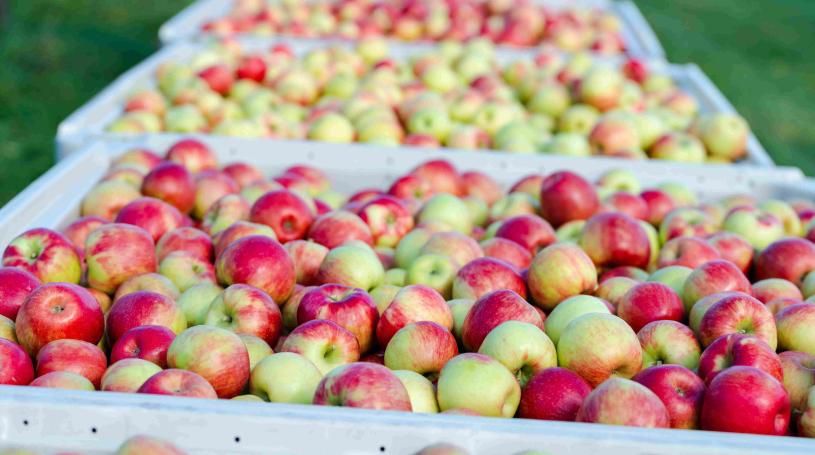Port inefficiencies cost apple and pear farmers R26 000 per hectare
(Media Release: Issued and provided by the Department of Agriculture)
“While we recognise that the Port of Cape Town (PoCT) management is implementing a terminal turn-around strategy and welcome the acquisition of new infrastructure, the worryingly slow pace at which it is happening remains a deep concern and has direct cost implications for the agricultural sector in the Western Cape,” said Western Cape Minister of Agriculture, Economic Development and Tourism, Dr Ivan Meyer, following his visit to Two-a-Day (TAD) in Grabouw.
TAD, previously known as Elgin Fruit Packers Co-operative Limited, is one of Africa's leading fruit-growing, packing, and marketing companies. It comprises more than 50 farms and 3,300 hectares. Total production, including processing, equates to over 200 000 tonnes per annum.
During the visit, Attie van Zyl, managing director of TAD, highlighted that the estimated total cost of inefficiencies at the PoCT to the Western Cape apple and pear industry was R999 million annually.
“Our apple and pear growers are directly impacted. The total estimated cost of a dysfunctional port per hectare for our farmers is R26 000 per hectare.”
“While this figure is deeply worrying, it does not show the full extent of the loss to the agriculture sector because we are not calculating the opportunities lost of growing into new markets. We are not seen as a reliable supplier to the international market because we cannot guarantee delivery,” said Premier Alan Winde.
Glen Steyn, the Western Cape Department of Economic Development and Tourism’s project manager for logistics development, said the department has been working closely with the management team of Transnet Port Authority and Transnet Port Terminals in the Western Region.
“We appreciate our constructive engagement with Transnet Ports Authority. Our conversations include the impact of logistics on the national and provincial economies.
"A digital logistics planning platform is being developed with Transnet and other agencies in the container logistics chain that should assist in reducing bottlenecks and their disruptive effect on cargo movement” added Glen Steyn.
Read the full press release here.

